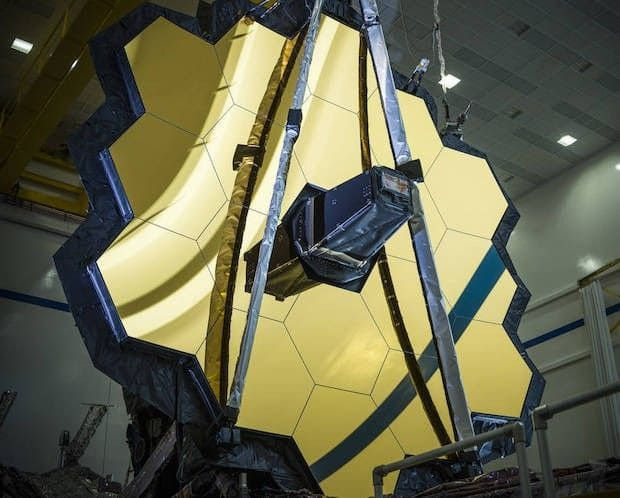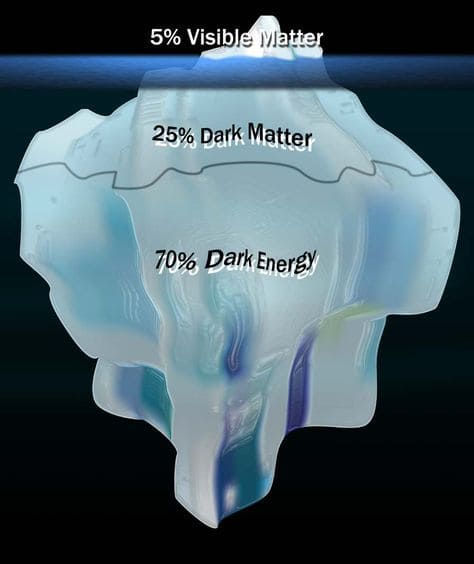The future of humanity is closely tied to our understanding and exploration of the universe. Throughout history, humans have looked to the stars for inspiration, guidance, and understanding of our place in the cosmos.

From the earliest civilizations that used the stars to navigate and track the passage of time, to the modern scientists and engineers who are working to unlock the secrets of the universe, the study of astronomy has been a vital part of human culture and progress.
Today, we have advanced technology and a wealth of knowledge that has enabled us to study the universe in unprecedented detail, but the vastness of the universe and the complexity of the cosmos means that there is still so much more to discover and understand.
In this blog post, we will take a look at some of the most exciting areas of astronomical research today and explore how they are shaping the astronomical future of humanity.
One of the most exciting areas of astronomical research today is the search for exoplanets, which are planets that orbit stars outside of our solar system. In the past few decades, advances in technology have made it possible for scientists to detect and study exoplanets in ways that were previously not possible.
This has led to the discovery of thousands of exoplanets, and many of these are located in the habitable zone, which is the region around a star where conditions are suitable for liquid water to exist. The discovery of exoplanets in the habitable zone has led to renewed interest in the search for extraterrestrial life.

The search for exoplanets is a challenging task, and scientists use a variety of methods to detect them. One of the most widely used methods is the radial velocity method, which uses the Doppler effect to detect the slight wobble of a star caused by the gravitational pull of an orbiting planet.
Another method that is becoming increasingly popular is the transit method, which uses photometry to detect the slight dimming of a star caused by a planet passing in front of it.
The James Webb Space Telescope, set to launch in 2021, will use both of these methods and more to study exoplanets in greater detail than ever before.

This telescope has the capability to study the atmospheres of exoplanets and search for signs of water and biosignatures, which are chemicals that could indicate the presence of life.
The discovery of exoplanets in the habitable zone has also led to renewed interest in the search for extraterrestrial life. The habitable zone is not the only criteria to search for life, but it's an important one.
There are other factors that are needed to support life such as the presence of an atmosphere and magnetic field, both are important to protect the planet from solar radiation and to retain heat.
The study of exoplanets in the habitable zone will help us to better understand the likelihood of finding life elsewhere in the universe.
With the upcoming launch of the James Webb Space Telescope and other advanced telescopes, we are likely to discover many more exoplanets in the habitable zone, and this will help us to better understand the likelihood of finding life elsewhere in the universe.
Another area of astronomical research that holds great promise for the future is the study of dark matter and dark energy. These mysterious substances make up the majority of the universe, yet we know very little about them.

Scientists believe that dark matter is made up of particles that do not interact with light or other forms of electromagnetic radiation, making them invisible to telescopes.
Dark energy, on the other hand, is thought to be a form of energy that is causing the expansion of the universe to accelerate.
The discovery of dark matter and dark energy was a groundbreaking discovery that revolutionized our understanding of the universe, but scientists still have many questions about these mysterious substances.
With the upcoming launch of the Euclid satellite and other advanced telescopes, we will be able to study dark matter and dark energy in greater detail, and this will help us to better understand the nature of the universe and our place in it.
Euclid, for example, will use a combination of imaging and spectroscopy to study the large-scale structure of the universe and to map the distribution of dark matter and dark energy. This will help scientists to better understand the dynamics of the universe and to test theories about the nature of dark matter and dark energy.
Advances in technology are also making it possible for humans to explore the cosmos in new ways. For example, the development of reusable rockets and other space technologies has made it possible for humans to explore the solar system and beyond in a more sustainable and cost-effective way.
The SpaceX's reusable rockets have decreased the cost of space exploration, making it more accessible to more countries, and private companies. This will open the doors for more space missions, both scientific and commercial.

In addition, the development of autonomous robots and artificial intelligence is making it possible for us to explore the cosmos in ways that were previously not possible.
Autonomous robots can operate for long periods of time without human intervention and can explore harsh environments that would be too dangerous for humans.
Artificial intelligence, on the other hand, can help us to process and analyze large amounts of data quickly and accurately. This technology will be crucial in the search for extraterrestrial life, as it will help us to identify patterns and anomalies in the data that could indicate the presence of life.
The study of astrobiology is also becoming increasingly important as we search for life beyond Earth. Astrobiology is the study of the origin, evolution, distribution, and future of life in the universe.
It draws on the disciplines of astronomy, biology, geology, and other fields to understand the potential for life in the universe.
The study of astrobiology will be crucial in the search for extraterrestrial life, as it will help us to understand the conditions that are necessary for life to exist, and to identify potential biosignatures in the data we collect.
The future of humanity is closely tied to our understanding and exploration of the universe. However, it's also important to consider the impact of our actions on the universe.
As we continue to explore the cosmos, it's important to remember that we are also stewards of the Earth and must work to protect it for future generations.
Climate change, pollution, and other human activities are putting our planet at risk, and it's essential that we take action to preserve it for future generations to enjoy.
In conclusion,
The astronomical future of humanity is a fascinating and exciting field, full of possibilities for discovery and understanding of the universe.
With the continued advancement of technology and our understanding of the cosmos, we will continue to make groundbreaking discoveries that will help us to better understand our place in the universe and pave the way for future exploration and research.
As we continue to explore the cosmos, it's important to remember that we are also stewards of the Earth and must work to protect it for future generations.
The study of astrobiology, exoplanets, dark matter and dark energy, and the exploration of the cosmos through the development of new technologies will be the key areas in which we will continue to make groundbreaking discoveries in the future.

Comments